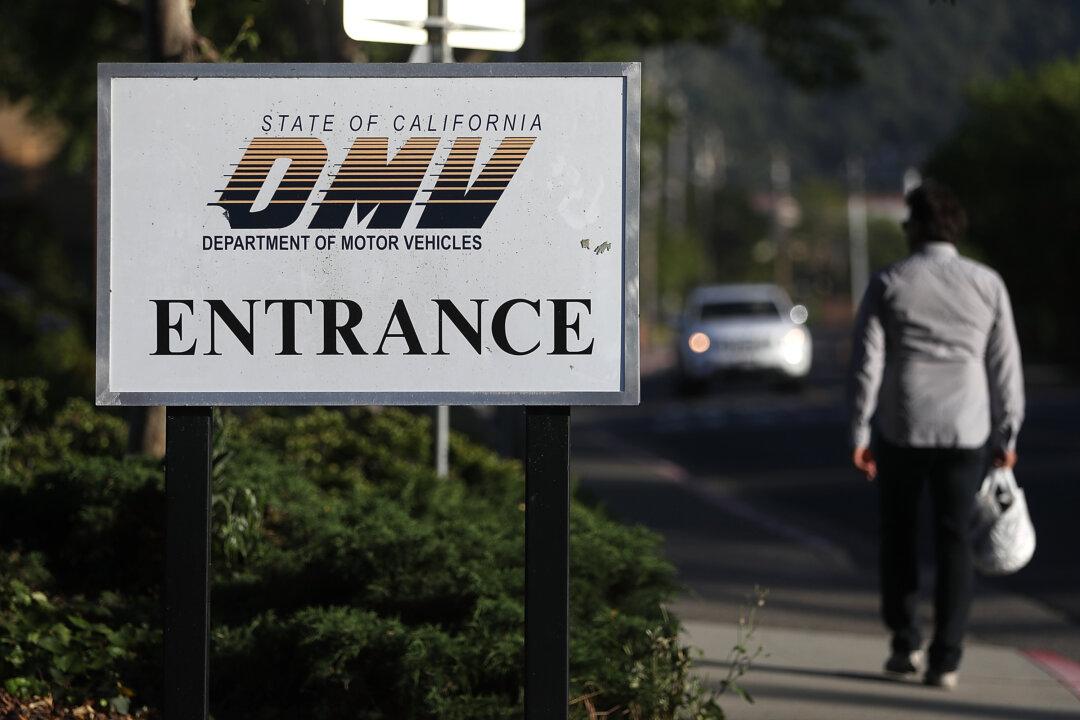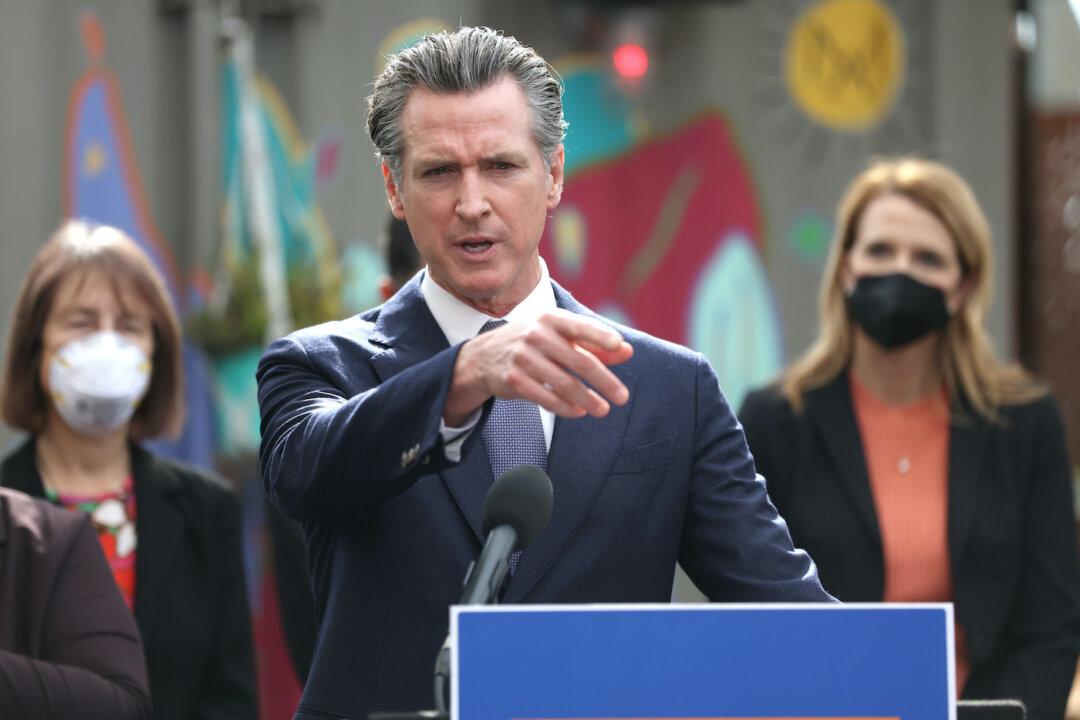Four Republican assembly members from California have sent a letter to the state’s Joint Legislative Audit Committee calling for an audit into the Motor Voter program.
The Feb. 1 letter to Chairman Rudy Salas was written by Jim Patterson from the 23rd District and signed by Vince Fong from the 34th District, Kevin Kiley of the 6th District, and Tom Lackey of the 36th District.





